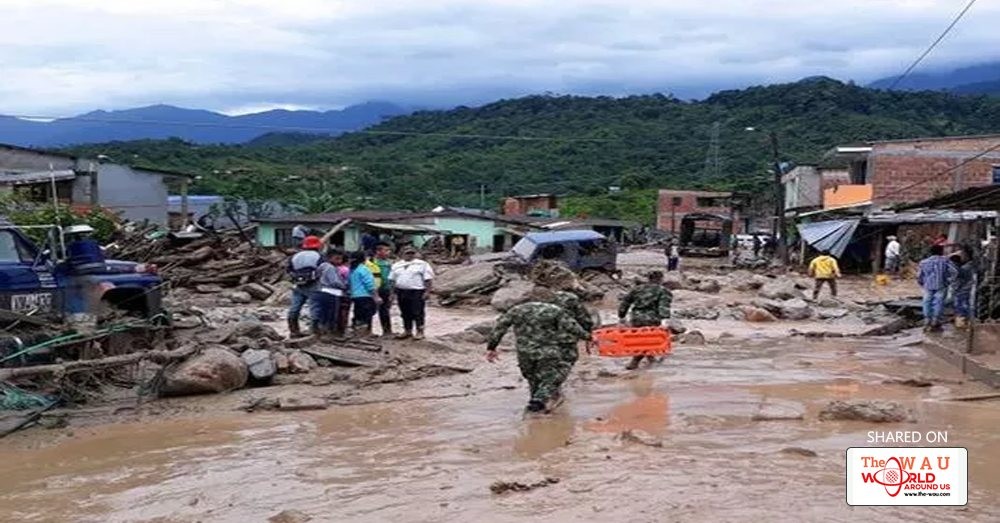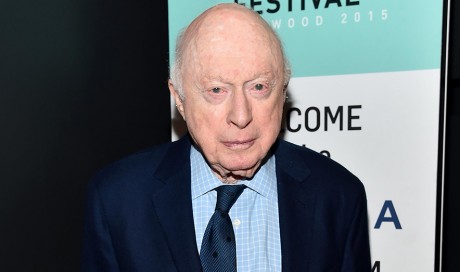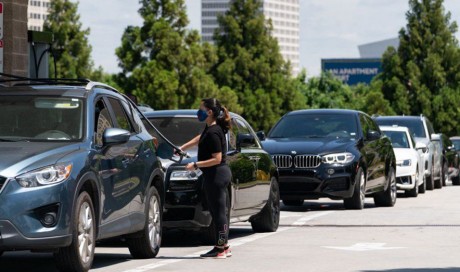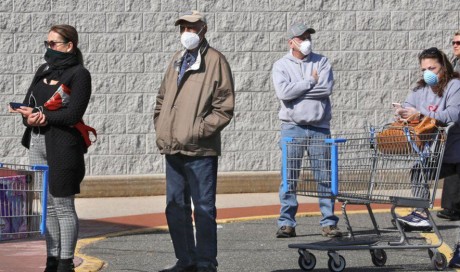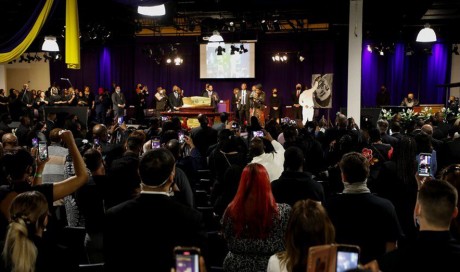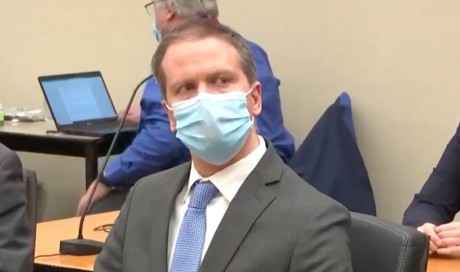A massive wall of water carrying mud and debris crashed through a small city in southwest Colombia overnight, killing at least 193 people, some of them still in their beds, and leaving 220 missing, after heavy rains caused three nearby rivers to overflow.
Colombia President Juan Manuel Santos announced the rising death toll early Saturday evening. Rescuers continued to search for survivors.
Some 202 more were injured in the deluge that struck around midnight when many people were sleeping, washing away trees, vehicles, houses and everything in its path. More than 20 were injured so seriously they had to be airlifted to other cities.
Eduardo Vargas says he was only able to flee with his wife and 7-month-old baby because neighbors banged on his door to alert him. He and his family climbed up a small mountain to safety before their home was destroyed by rushing water.
"Nothing left," he said Saturday after returning to the site, according to the Associated Press. "But thank God we have our lives."

Warning the death toll could rise as the search for survivors continues, Santos declared a state of emergency for Mocoa, a small city of about 40,000 located near the southern border with Ecuador.
Santos said he blamed climate change for the wall of water that knocked out power in half the province of Putumayo, where Mocoa is located, and wiped out the city's supply of fresh water.
The rainfall total in one night amounted to nearly half the precipitation the city of Mocoa typically receives in the entire month of March, he said, adding that local and national authorities must work to prevent another tragedy as the rainy season gets underway.
"These rains are increasingly more intense, so we have to be ready," Santos said, according to the Associated Press.
Using the hashtag #TodosConMocoa, Santos wrote on Twitter: "Our hearts are with the families of victims and affected by this tragedy."
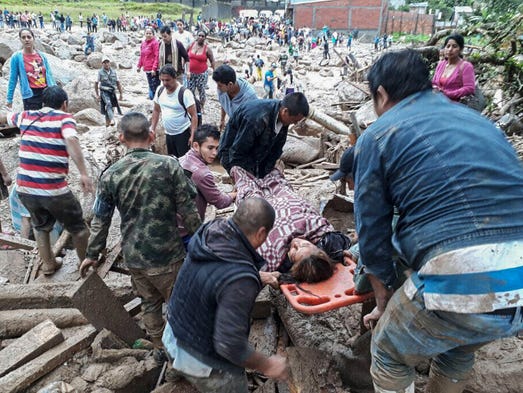
The torrential rains triggered what the Colombian Army called an "avalanche" of muddy and debris strewn water from the Mocoa River and its tributaries. Soon the city's streets filled with rushing water that crushed homes, pulled trees up from their roots and whisked away cars and trucks.
Witnesses said buildings vibrated as the muddy waters swiftly swept through the unsuspecting city. Many residents didn't have time to scramble to rooftops or to escape to higher ground.
Mocoa's mayor Jose Antonio Castro said houses in 17 neighborhoods were wiped out.
"A big portion of the many houses were just taken by the avalanche, but above all the people were warned with enough time and they were able to get out," Castro told Sky News.

Herman Granados, a doctor at the local hospital, said he worked through the night to help victims. The hospital was quickly running out of supplies and didn't have enough blood on hand to treat patients, he added.
"Under the mud, I am sure there are many more (people)," Granados told the Associated Press.
Santos' Venezuelan counterpart Nicolas Maduro on Saturday offered to send disaster relief experts to Colombia in a temporary detente. In 1999 the late Hugo Chavez had to confront his nation's worst natural disaster when thousands of people died in mudslides.
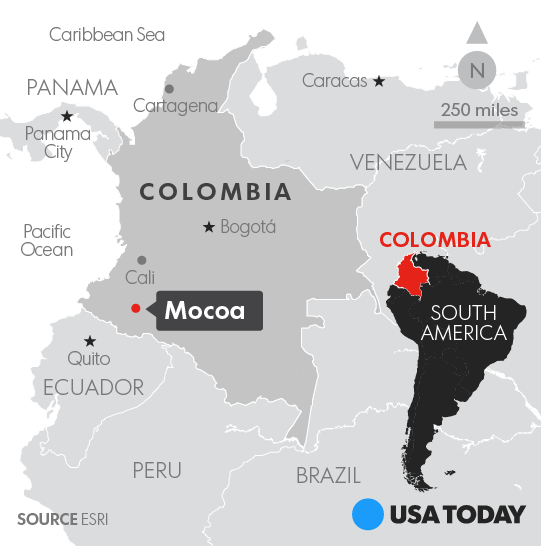
Share This Post

